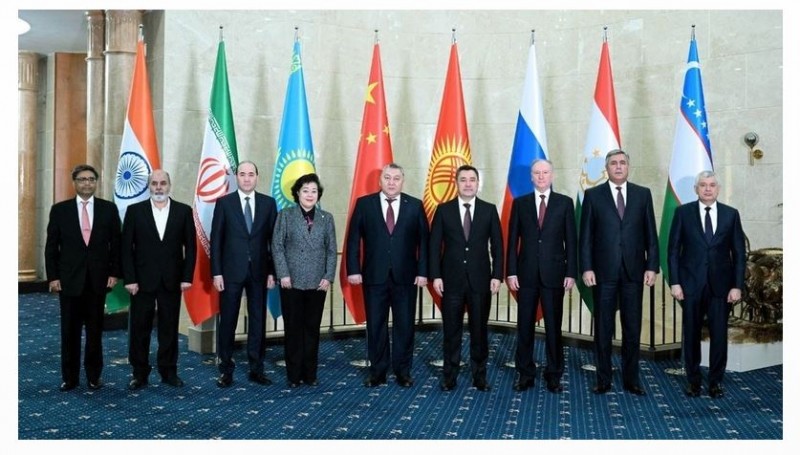
New Delhi: India has raised alarm over significant drug trafficking and the potential threat of terrorism emanating from Afghanistan, particularly from banned groups like Lashkar-e-Taiba (LeT) and Jaish-e-Mohammed (JeM). These issues were underscored during a gathering of senior regional security officials on Friday.
Representing India at the 6th regional dialogue of security councils and national security advisers on Afghanistan in Bishkek, Kyrgyzstan, Deputy National Security Adviser Vikram Misri emphasized the urgent need for attention to these pressing matters. The meeting included representatives from Iran, India, Russia, Kyrgyzstan, Kazakhstan, Uzbekistan, China, Turkmenistan, and Pakistan.
Misri, speaking at the meeting, highlighted the alarming trend of large drug seizures in the region, labeling drug trafficking as a significant menace. He stressed the importance of preventing Afghan territory from being utilized as a haven for sheltering, training, or financing terrorist activities, especially by individuals designated as terrorists by the UN Security Council, including members of LeT and JeM. Misri reiterated that instability in Afghanistan poses a grave threat to the entire region.
India reaffirmed its status as a crucial stakeholder in Afghanistan and called for a consensus-based approach at both regional and international levels to address the challenges effectively.
Immediate priorities identified by the region include providing humanitarian aid, fostering the formation of an inclusive government in Kabul, combating terrorism and drug trafficking, and safeguarding the rights of women, children, and minorities.
The meeting referenced UN Security Council Resolution 2593, adopted in 2021, which emphasizes the necessity of combating terrorism in Afghanistan, including actions against banned individuals and entities, as well as holding the Taliban accountable for their commitments in this regard.
India also shared its collaboration with the UN Office on Drugs and Crime (UNODC) in Afghanistan, particularly in providing humanitarian assistance to individuals, particularly women, involved in drug rehabilitation programs. As part of this partnership, India contributed 11,000 units of hygiene kits, baby food kits, blankets, and medical aid to the UNODC.